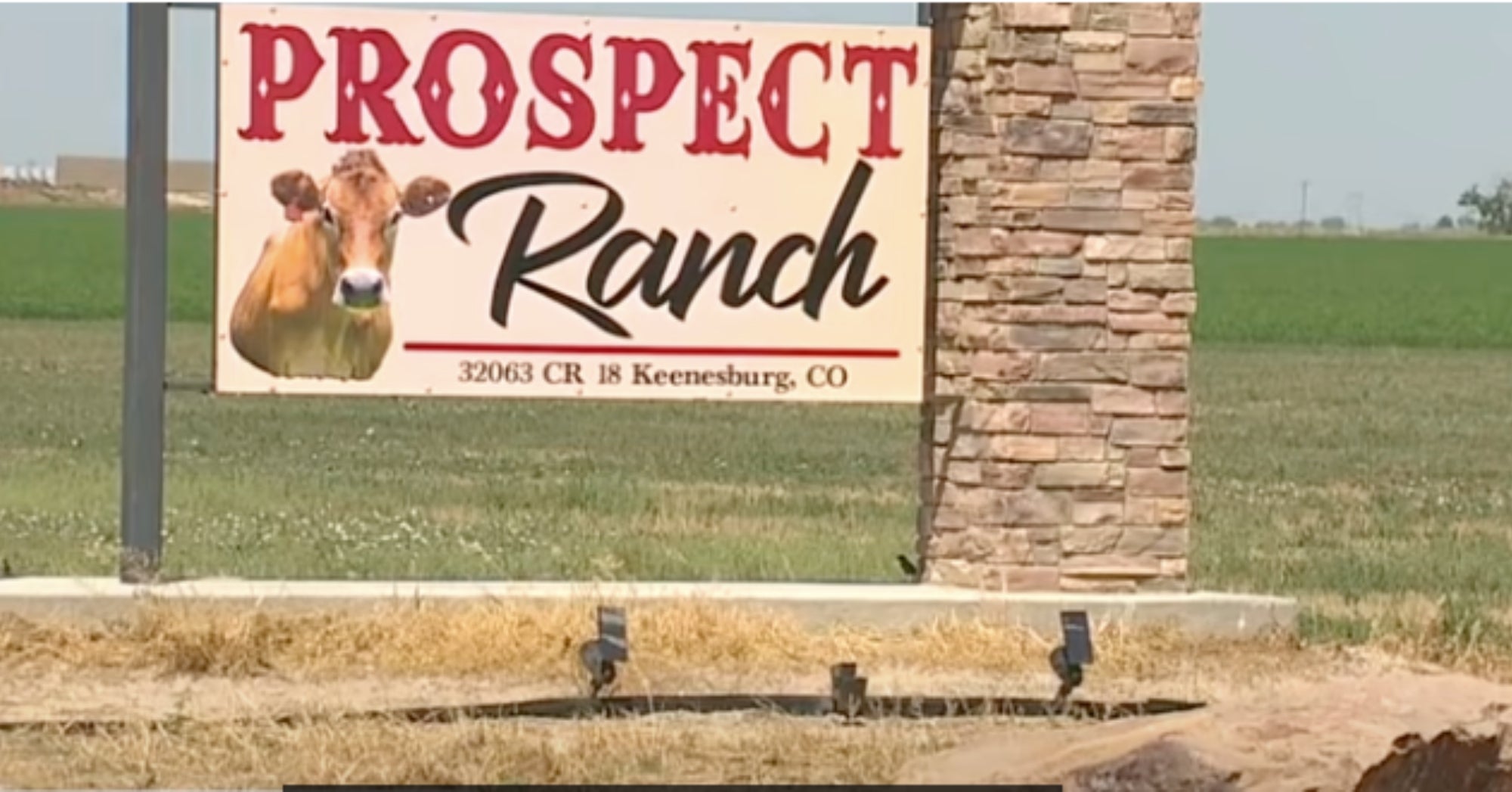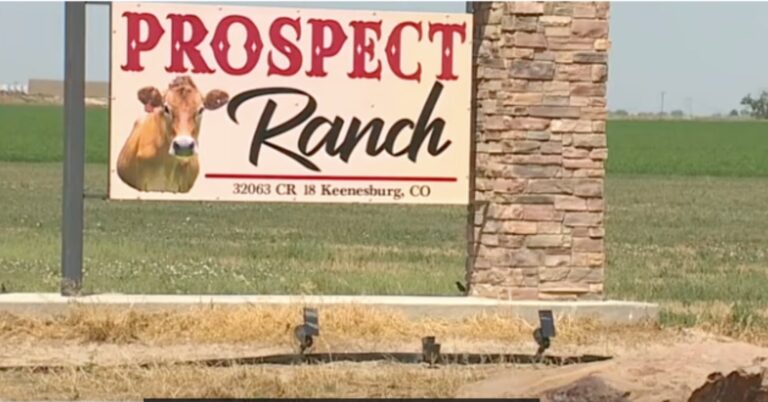Six men died Wednesday evening in an incident at Prospect Valley Dairy in Keenesburg, Colorado. Fire crews from the Southeast Weld Fire Protection District were dispatched for a “confined space rescue” but were unable to save the trapped workers.
“Crews responded and took appropriate precautions to enter the confined space to perform rescue operations,” Fire Chief Tom Beach told ABC News. “Unfortunately, district personnel recovered six deceased individuals from the space.”
The Weld County Coroner’s Office said preliminary findings indicate the men were exposed to a deadly gas, which is believed to be H2S, or hydrogen sulfide — a gas that can be produced from decomposing manure. Their identities have not yet been released, but a local news outlet said at least one of the deceased was a high school student.
The Weld County Sheriff’s Office has stated the incident does not appear criminal in nature. The Occupational Safety and Health Administration confirmed it has opened a formal investigation into the accident, a process that could take up to six months.
“Our thoughts are with the families and loved ones of the workers who lost their lives at the dairy farm in Keenesburg, Colorado,” an OSHA spokesperson reportedly said.
The farm where the accident occurred is a member of Dairy Farmers of America, which issued a statement expressing grief over the tragedy.
“We can confirm that a tragic accident occurred on one of our member farms in Keenesburg, Colo., which has resulted in the death of six people,” DFA said. “We are deeply saddened by this incident, and our thoughts and most sincere condolences go out to the friends and families of the deceased.”

Keenesburg, a small rural community about 40 miles northeast of Denver, has been left shaken by the event. There are over 300 dairies in Colorado, and Weld County, which is where Keenesburg is, is home to 78 of them. Fire officials noted they will not release further details until the OSHA investigation is complete.
The deaths are bringing attention to dangers agricultural workers face, especially in confined spaces where toxic gases like methane or hydrogen sulfide can build up unnoticed. OSHA has repeatedly stressed that dairy and livestock operations present unique safety hazards requiring strict protocols.



:max_bytes(150000):strip_icc()/Markets-5-Soybeans-dramatic-down-15-1dd1e8e5bab14a3b8e66f834c3b43908.jpeg)






:max_bytes(150000):strip_icc()/100908649_beef_cattle-d8fe6c19e13c42eaafdf1efb5cfe46fe.jpg)
:max_bytes(150000):strip_icc()/52491278470_c206e4f121_o-3aca74f8cb014fdea72b9e4ba1003435.jpeg)
:max_bytes(150000):strip_icc()/soybeans_usb-2-2000-f3cbf2d5ad334bbca68c6fb09087a9cd.jpg)